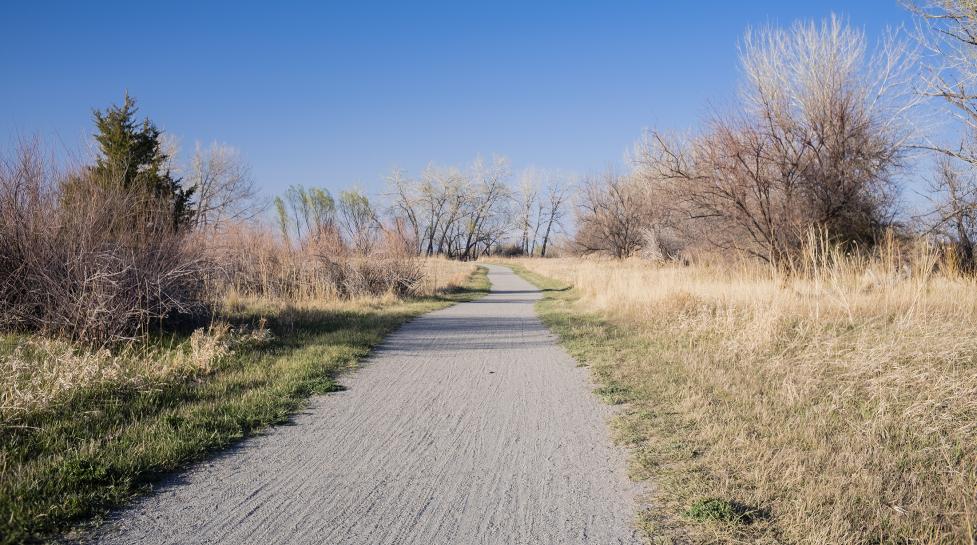Visit a web guide to learn more about Class 1 and Class 2 e-bikes and where they can ride them on 39 miles of multi-use Open Space and Mountain Parks trails.
BOULDER, Colo. – City of Boulder Open Space and Mountain Parks recently completed a community engagement process that will allow community members to ride Class 1 and Class 2 electric bikes on certain open space trails beginning Saturday, July 1. Class 1 and Class 2 e-bikes are allowed on multi-use paved paths within the City of Boulder.
The city encourages community members to visit a web guide to learn more about Class 1 and Class 2 e-bikes and where they can ride them on 39 miles of multi-use Open Space and Mountain Parks trails. City of Boulder Open Space and Mountain Parks reminds community members to recreate responsibly when riding e-bikes on city-managed open space trails where e-biking will be allowed:
- Know Before You Go: Read information about where e-biking is allowed on city-managed open space trails. While e-bikes are now allowed on specific open space trails, other electric mobility devices – such as e-scooters and e-skateboards – remain prohibited.
- Follow All Rules and Regulations: Stay alert for all signs that communicate where e-bikes are allowed or prohibited.
- Be Courteous to Other Visitors: Visitors of all identities and abilities deserve respect and courtesy while recreating outdoors.
- Share the Trail: Bikers yield to hikers and horses on open space trails. Whether biking or e-biking, be considerate when passing others on a bike. Slow down and communicate before you pass.
- Enjoy and Protect the Land: Enjoy your time outdoors! But remember: Open space visitors also have a responsibility to protect land, wildlife, water and plants.
Open Space and Mountain Parks thanks community members for participating in its recently completed e-bike community engagement process, which sought to:
- Improve access for community members of more ages and abilities of visitors. Learn more about how OSMP works to connect visitors experiencing disabilities to the outdoors.
- Provide consistent visitor experiences across interconnected trails, such as the Longmont-to-Boulder Regional Trail.
- Support broader city climate goals to reduce greenhouse gas emissions.
- Offer more adaptive management approaches by considering alternatives to selling or transferring city open space to other entities to allow e-bike access.
